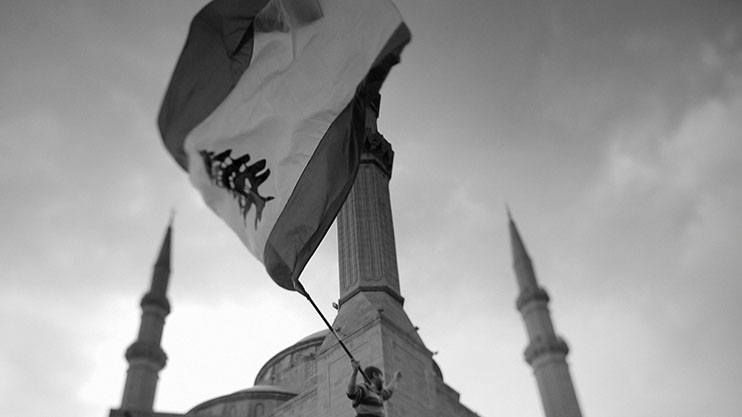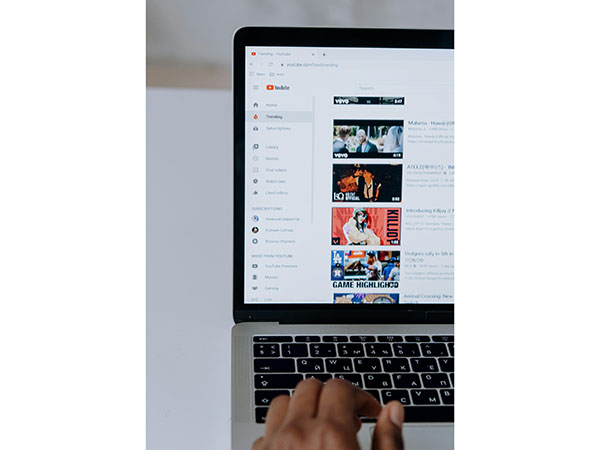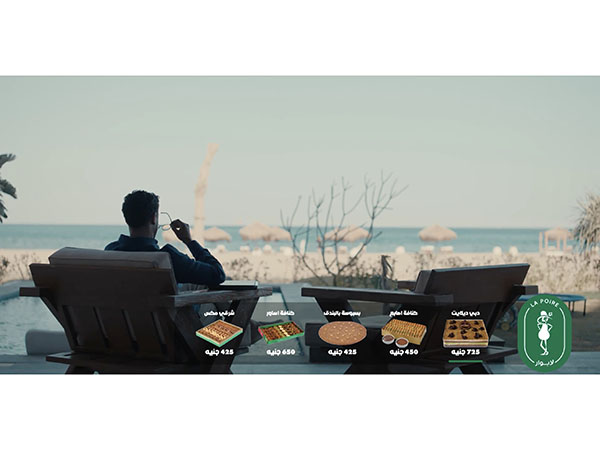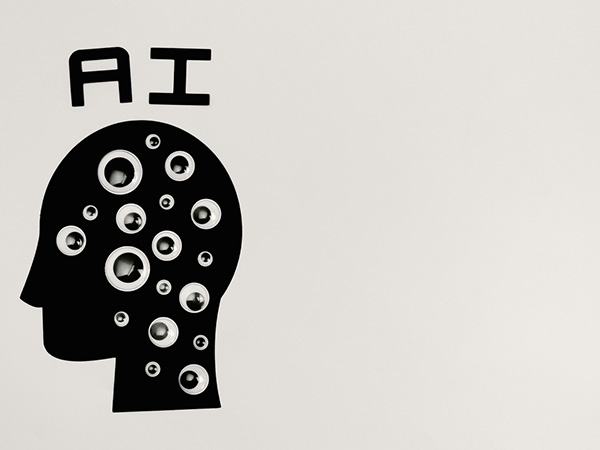News - Digital/Tech
Lebanon Revolution: The Power of Film
January 12, 2020

If one form of content has proven to be the most powerful during the protests that have gripped Lebanon, it is video. It has provided instantaneous access to demonstrations, has helped engender a sense of solidarity, and has spread messages of determination and commitment. All disseminated via the tentacles of social media.
“The protests are a living example of how effective online video is,” says Dany Chamoun, the founder of Balkoon.tv. “We’re always on our phones checking what’s going on. The video form is king today. It strikes best when it comes to delivering a message and generating impact and it is spread instantly. I’m sure the same revolution under the same circumstances would’ve never come to life if it wasn’t for social media and online video.”
Such video has taken multiple forms. From simple footage of demonstrations and marches, to live feeds, interviews, reports, educational films and tactical messages, video has swept across WhatsApp, Instagram, Twitter and Facebook. Ali Gharbieh’s film of the mothers’ march from Ain El-Remmaneh to Chiyah had surpassed 278,000 Facebook views at the time of going to press, while the fourth episode of Balktoon.tv’s Min Techrin had clocked up 138,000 Facebook and 12,088 Instagram views. Remie Akl’s I Want a New Memory hit 85,504 Instagram views by mid-December. Meanwhile, on-the-ground footage from the likes of Gino Raidy regularly reaches tens of thousands of people.

“I’m sure the same revolution under the same circumstances would’ve never come to life if it wasn’t for social media and online video.”--Dany Chamoun
“Nowadays, the easiest thing to do is to produce a video, never mind if it’s good or bad (in terms of quality),” says Gharbieh, who shoots and edits his own films. “I’m producing a lot of videos and they are being shared a lot. Social media now is the protester’s real voice, since the majority of the media outlets have their own agendas or can’t be the clear mirror of the streets because of the timing and scheduling they have to deal with.”
None of this should come as any surprise. According to Cisco, 80 per cent of all internet traffic will be video by 2021, while the sharing of content has shifted to messaging apps such as WhatsApp and the country’s legacy media is generally viewed as partisan.
“As a filmmaker, I know well how each TV station belongs to a certain political party, hence they will not portray the real image without supporting the ones they follow,” says Tamara Bsaibes, whose video of the march against sexual harassment had 11,240 Instagram views at the time of going to press. “I decided, just like thousands of other people, to let our voices be heard differently this time, not just by protesting, but by also expressing ourselves in terms of visuals and portraying the real image artistically.”
Amongst these thousands is the director Chadi Younes, who shot and released one of the protests’ first films – Your Lebanon is my Lebanon. “When the revolution started, everyone in my close group of friends felt the urge to participate, but also to contribute,” says Younes. “In my particular case, I immediately started [taking] photos and [shooting] video footage. The camera is a tool of expression for me and so it was the natural thing I could contribute with.
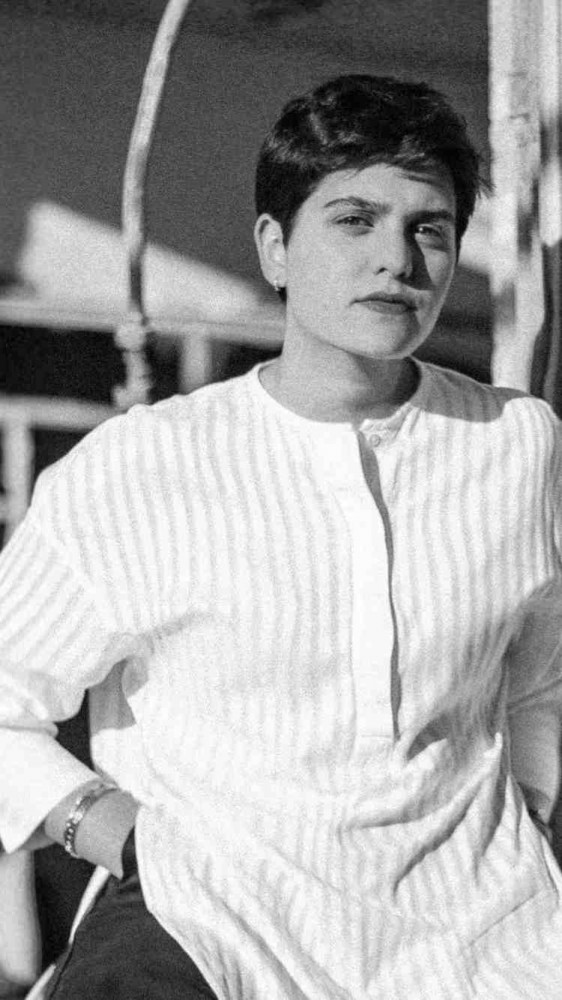
“I believe every person who is putting even a slight effort into this revolution, whether it’s in filming, writing, donating or even just being on the streets every night, will make a change.”--Tamara Bsaibes
“I tried to see beyond the burning tires, the masks, the anger and the chaos,” he adds. “Behind all of that I could see love. A humanity we all shared. There was a definite emotional and positive angle. And it has to come from an honest place. All good content is born there.”
Younes, however, did not make his involvement in the film known publicly. Why? “It was never about me but rather ‘by the people, for the people’,” he replies. “We released the video very early on in the process and this thought I had came from an honest place. Putting credits on it would have taken away some of its integrity – at that time.”
He has arguably been proved right. Akl, who has produced a number of videos urging participation in the protests, has been accused (by some) of using the demonstrations to further her own career. A claim she has refuted online.
“As a citizen, the need to take to the streets felt very natural, intense and fulfilling,” says Chamoun. “Coming from film production, shooting something for the revolution was an idea we had from the beginning, but as so much was going on every day during the first 10 days, we were so emotionally charged and involved as citizens that it was hard to focus and set things clear on what we wanted to do. After days of reflection on the events, the idea started to materialise briefly before the resignation of the prime minister.”
That idea evolved into Min Techrin, a four-part online series directed by Samah El Kadi, produced by Chamoun, and starring Romy Melhem. The message of each episode related to the events occurring at the time of production, with Min Techrin the first content to be published by Balkoon.tv.
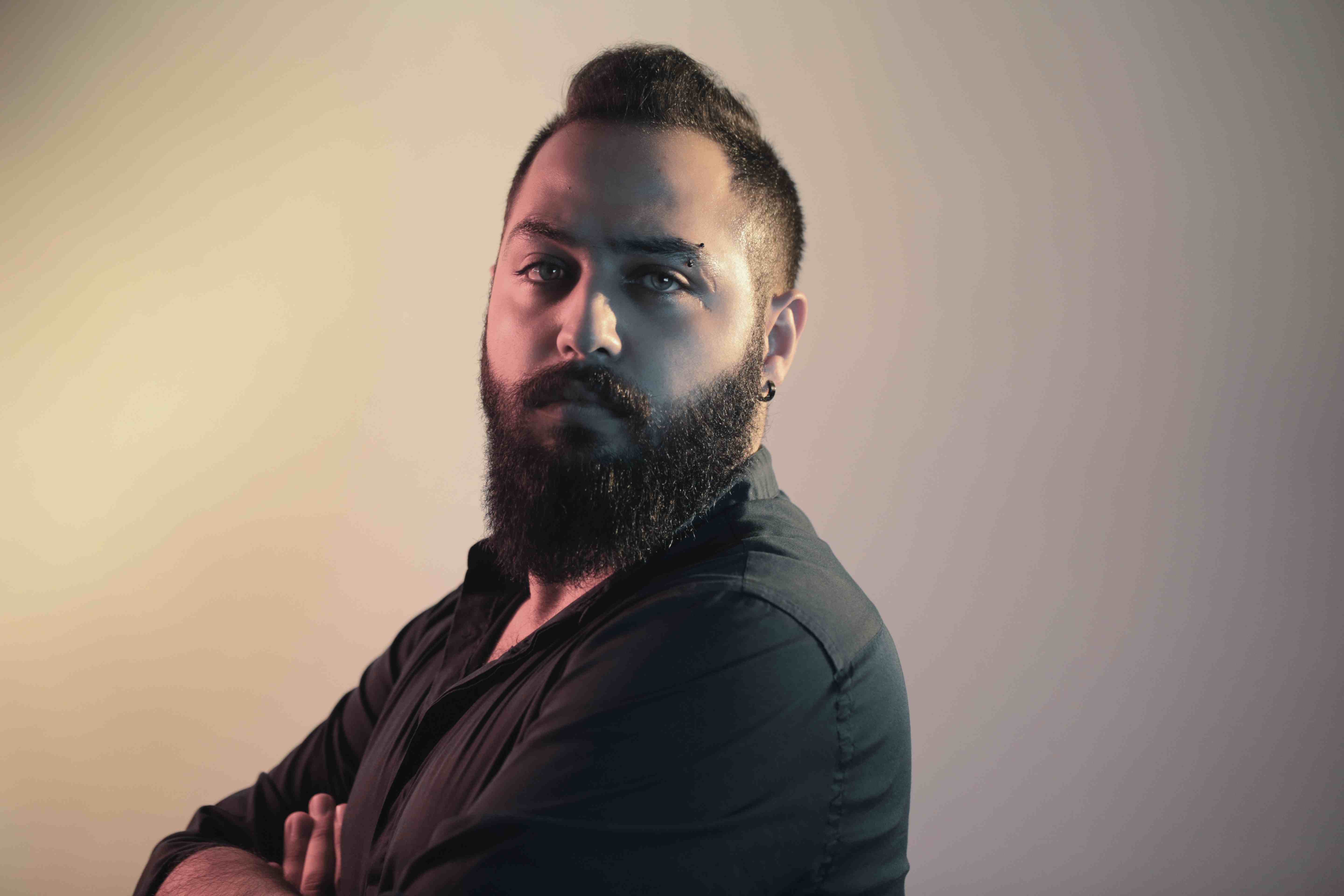
“Social media now is the protester’s real voice, since the majority of the media outlets have their own agendas or can’t be the clear mirror of the streets…”—Ali Gharbieh
“There was the will to create something that was a bit different from what was being produced out there,” says Chamoun. “It was either news/reporting/initiatives related or it was well shot romanticised videos. That’s why we decided to do a series that could have an active role in whatever was happening in the revolution, and at the same time be able to touch people on an emotional level. The series follows the diaries of our main character. She’s an observer and a reflection of what people are going through, making her very relatable and truthful.”
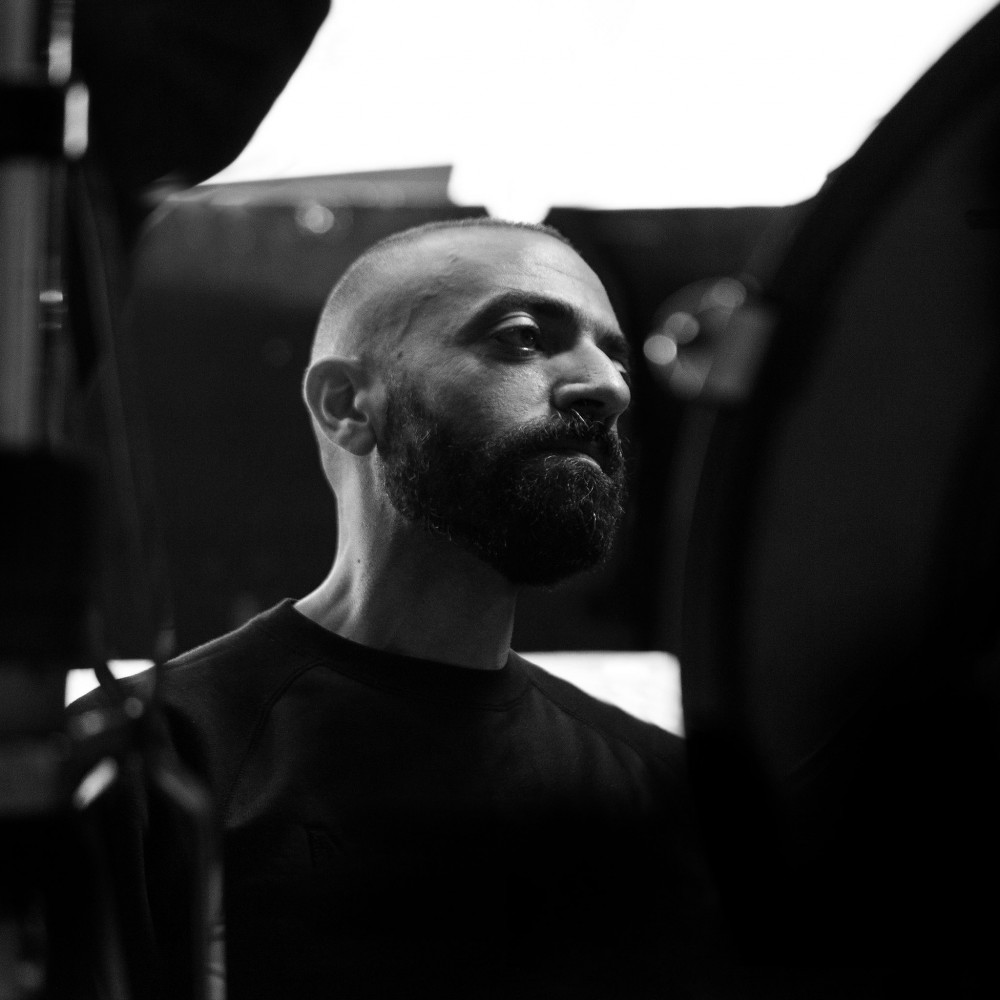
“When the revolution started, I immediately started [taking] photos and [shooting] video footage. […] I tried to see beyond the burning tires, the masks, the anger and the chaos.”—Chadi Younes
Fast turnarounds have been essential. When Gharbieh filmed the mothers’ march from Ain El-Remmaneh to Chiyah, he shot, edited and released the video the same day. The vast majority of on-the-ground footage captured on mobile phones has gone one better, being uploaded or shared almost immediately. “Sometimes a single speech can change things suddenly, as we saw on multiple occasions,” says Chamoun.
“The turnaround has to be very quick,” admits Younes. “The type of content I like to produce is inspired by the general feel of the times. But there’s a wave of different energies every day, so that general feel changes on a daily basis. An idea that I had last week is obsolete today.”
Whether the production of video content will contribute to lasting change, of course, remains to be seen. What is clear, however, is that it does play a significant galvanising role. “I believe every person who is putting even a slight effort into this revolution, whether it’s in filming, writing, donating or even just being on the streets every night, will make a change,” says Bsaibes.
Younes agrees. “Change, whether we want it or not, has already happened,” he says. “The massive collective awakening that happened across the country for the first time in its history cannot be undone. Change has also happened in the way people respect and talk to each other regardless of their religious background or which part of Lebanon they come from.
“The lasting change will be when people in retrospect realise this very fact. There’s a massive shift happening in the country. It’s going to be tough for a while but, seeing the younger generation on the streets, I have no doubt the future is brighter.”


